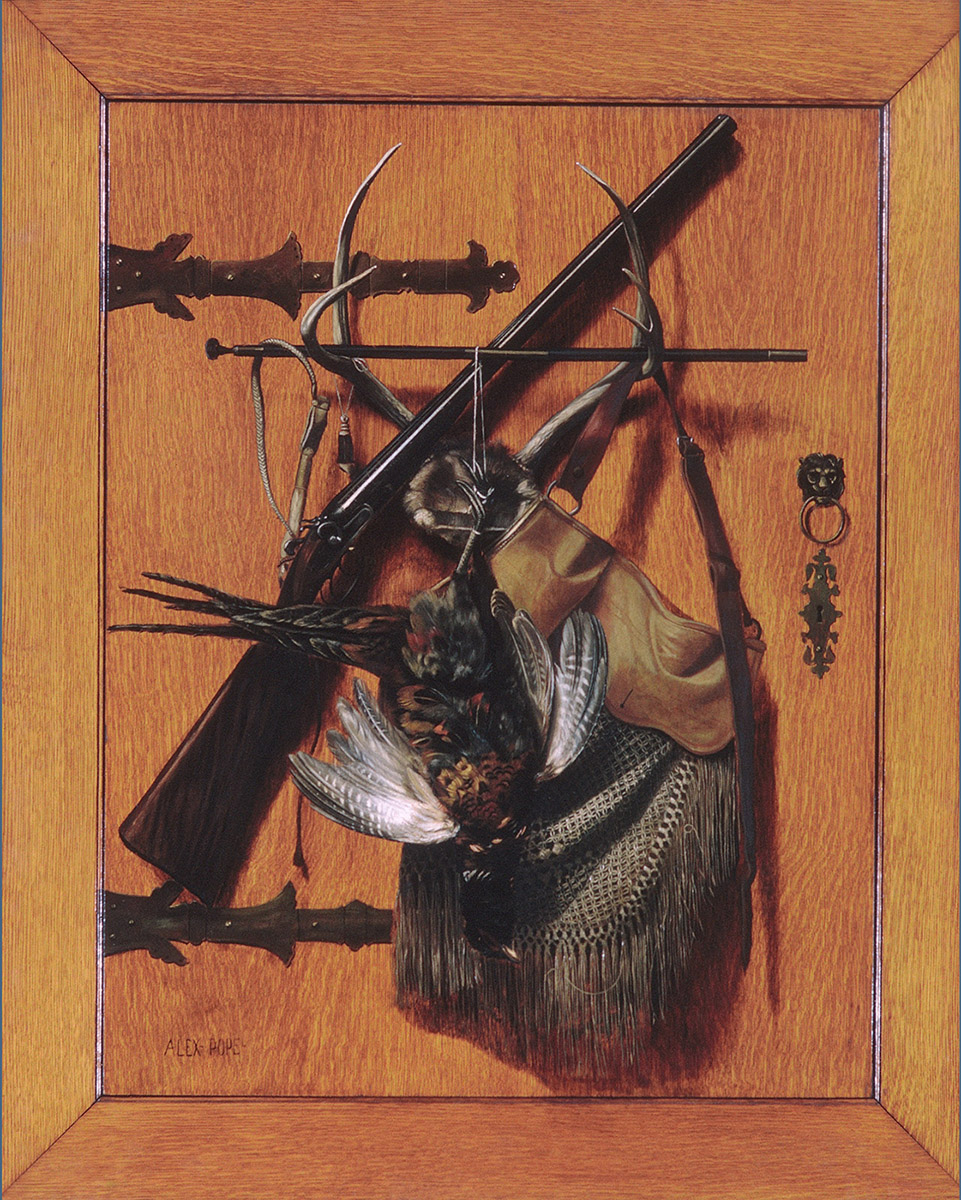Rereading the poems we published in the Review this year—forty-four in all—I’m struck by how many of them make emotional states literal, monumental, inescapable. This might be summed up by a few lines from Peter Gizzi’s poem “Revisionary,” from our April 21 issue. “I’ve decided to let my inner weather out,” it begins. “I’m putting trouble into place, turning/toward what is.” The trouble, it seems, begins within, and the poet’s job is to pull it outside of himself in order to face it—a bitter task whose only consolation might be language itself.
I won’t ruin the final line of Ama Codjoe’s “Mother-of-Pearl,” from our Holiday Issue, but its looping repetition of verbs almost physically enacts the poem’s central image, the creation of a pearl. The passage of time, as measured in the growth of a family, is less lovely but equally tangible in Suzanne Buffam’s “Succession,” from our April 7 issue. Here time seems mostly a matter of mundane objects piling up and replacing one another:
The cactus thrived until they brought home the goldfish, which thrived until they brought home the dog. When they brought home the baby they sent the dog to live with her mother, who sent him to “live” on a “farm.” Now the baby, too, has been replaced, this time by a toddler, who casts aside her dolls one by one, each time a new one is placed in her lap.
In Camille Ralphs’s tribute to the Metaphysical poet George Herbert, from our May 26 issue, words themselves take on an unexpected, almost inexplicable materiality, transformed in these punning lines:
Come, my Bedside Light, my Takeaway, my Calloused Hand,
Such a Bedside Light as lanternfish,
Such a Takeaway as takes a stand,
Such a Calloused Hand as makes a wish.
Come, my Costume Play, my I Will Yes, my Organ Note,
Such a Costume Play as none can dress,
Such an I Will Yes as none can quote,
Such an Organ Note as plays in yes.
The costume play acquires a more sinister tone in the Ukrainian poet Yuri Andrukhovych’s “Set Change,” from our April 7 issue, which imagines a train station “opened” inside a church, as if a curtain had been raised
And there, trains and wind before rain. The light
from candles guttering like voices at a banquet.
We cluster around the car. And blowing a whistle,
a proletarian prophet in a red service cap.
And then other kinds of buildings are opened inside wholly inappropriate buildings: “Within the school they opened a hotel:/someone gets ready to sleep with somebody.” As a metaphor for war, this is oddly devastating; every ordinary place you need to go, on any given day, has been made an enemy of its purpose. Ultimately this ends in the self: “Within the body they opened darkness.”
Something similar happens in Shane McCrae’s “The White People in My Blood.” The poem starts by asking, “What do I know about the white/People I don’t know in my blood”; by the end, the metaphor has raised a few painful questions about the self: “Who runs/Still in my blood//Who chases?…/What violence is the beat-/ing of my heart”.
Robert Pinsky’s “Cataract,” from our June 9 issue, begins with the diagnosis of a cataract and builds to consider Niagara Falls, the 1953 film noir Niagara, John Muir and the formation of the national parks, the Gold Rush and the genocide of Native Americans:
Yosemite they say means killer a Miwok
Word one group called another the European
Militias in the Gold Rush killed all the groups
Ishi in Berkeley was called the Last of his People
It wasn’t one people he was a mix it wasn’t
His name he explained clearly he had no name
With no one to call him by a name…
Above all the poem performs the relentless flow of language and thought that is consciousness. This flow is almost lethal in Jorie Graham’s “Day,” from the March 24 issue. The inner weather of Graham’s poem is embodied as a woodpecker: “It’s come from afar./It’s put its beak in above my heart.” Part of the woodpecker’s power comes from our inability to say what it’s a metaphor for—suffering, perhaps, or mortality, or judgment, but the parameters of that judgment remain nebulous, beyond our ability to grasp: “Now it drops/its needle in deeper.” The one thing it won’t tolerate is “turn[ing] away,” as if “turning/toward what is,” to quote Gizzi again, were among its highest values:
What will you make.
You had a lifetime
to get this story,
to write its long and bitter poem.
You had thousands of hearts, one for each day
which let you into its cool new body,
for free,
unstopped.
What will you make.
I saw you turn away.
I watched you arrange and rearrange your minutes.
Lie back down now.
Be very still.
I do not know
if you will be entertained again.


